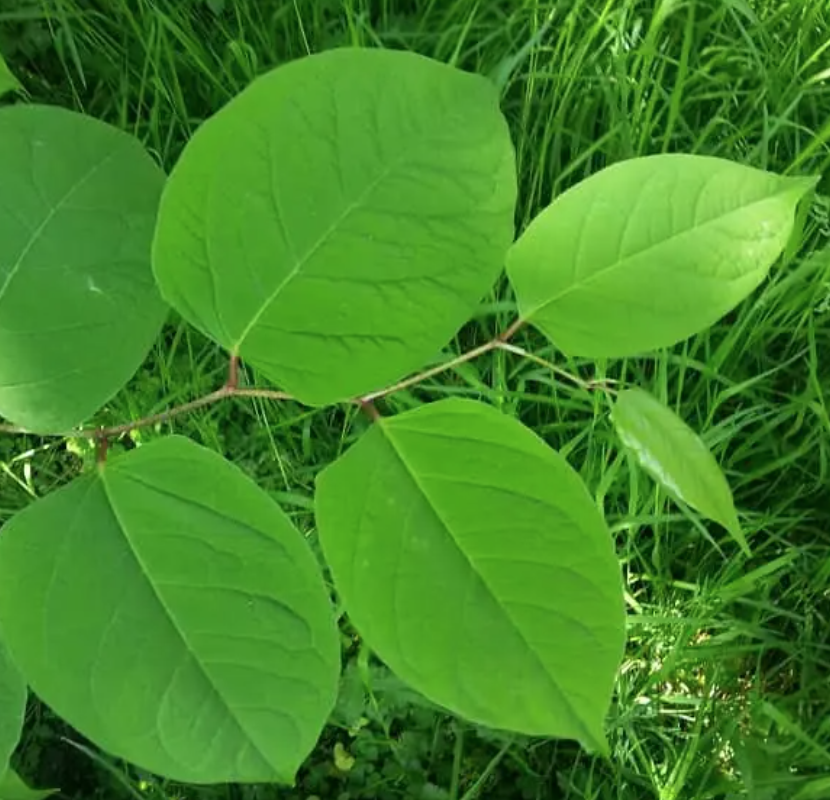Knotweed flowering in Japan is considered one of the most dangerous forms of plant aggression in the UK subset. This plant product stems aggressively and, most remarkably, reduces the efficiency of vehicular tracks, construction works, and terrains. The damage is not purely physical; without treatment, infrastructure can lose value and result in significant legal challenges. That’s why Japanese knotweed removal is crucial. At first glance, it might appear manageable, but Japanese knotweed removal is a complex process requiring professional assistance. The following are some reasons experts should be hired for this work.

1. Identification and Assessment Accuracy
Japanese knotweed is often mistaken for other plants like bindweed bamboo or Russian vine. This misidentification can render treatment useless while the infestation continues to expand. An expert confirms the knotweed’s identification and performs an on-site evaluation, along with an in-depth appraisal of the region marked by the growth and the supposed root system’s range, which is vital for successful eradication.
2. Regulatory Compliance and Filing
In the UK, strict regulations are surrounding Japanese knotweed. While it is not a crime to have it on your land, letting it spread to neighboring land can create legal issues. Under The Wildlife and Countryside Act 1981, it is an offense to plant or negligently permit the planting or intentional or unintentional encouragement of the growth of Japanese knotweed in the open. A professional Japanese knotweed removal contractor is familiar with the laws and will comply with them all. They also generate and provide crucial documents for a Knotweed Management Plan and insurance-backed guarantees, which are needed when transferring ownership of a house with infestation.
3. Specialized Technology and Established Procedures
Removing the Japanese knotweed requires more than simply pulling the plant or using household herbicides. Household products are ineffective against the stems and roots, which grow several meters deep and extend horizontally. Professionals applying extended-grade herbicides, excavation, root barrier systems, and other methods know what works best. Various-sized infestations can be managed by excavating and transporting the soil, on-site cell burial, or herbicide application. The abovementioned processes are complicated and require skilled personnel for safe and proper execution.
4. Long-Term Strategies and Assurances
The most important benefit of specialists is the long-term management and care they provide. Knotweed has the potential to remain dormant beneath the surface for several years, even after visible growth has ceased. Professional companies, such as Environet UK, guarantee several years of treatment, which builds confidence that structural damages will not happen again. Many companies like Environet UK extend multi-year treatment programs and guarantees, which help them gain confidence that the issue is under control.
5. In The Long Run, It Cost Efficient
Attempting a thorough investigation without professional help often results in damage and needing legal assistance. Sprouts and infestations resulting from untreated damages lead to financial loss owing to legal damage and compensation claims. Unlike these scenarios, professionally managed removal leads to a permanent answer and, in turn, ensures property value owing to proper documentation and warranties. The value and marketability of your property are safeguarded.
Final Thoughts
Japanese knotweed is not a plant you can afford to ignore. Its rampant growth and the inherent risks to structures and property value require expert intervention and specialized removal. Expert service guarantees a full, legal, permanent solution, saving time, money, and energy on deemed unnecessary woes.
Leave a Reply